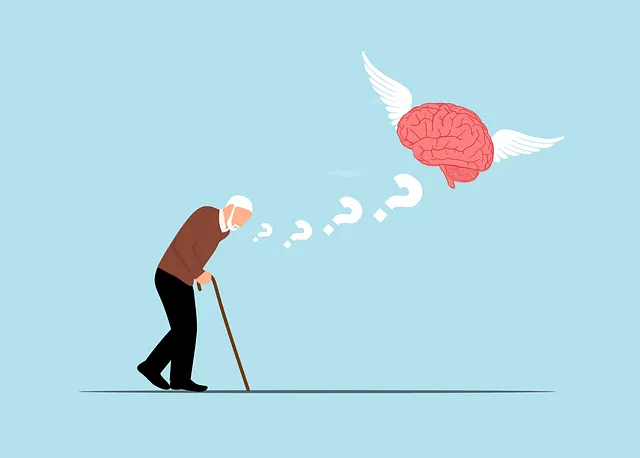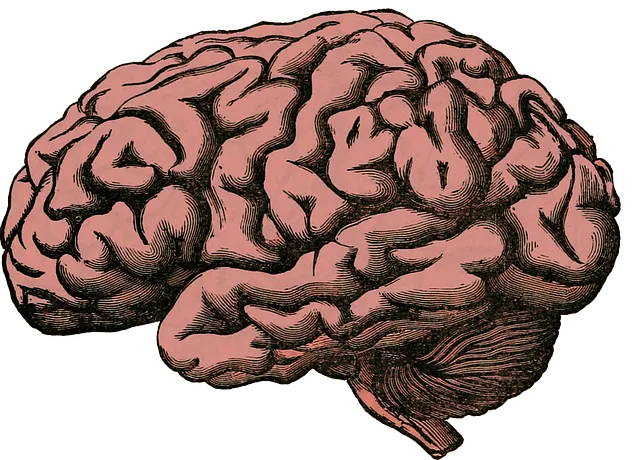Castle Rock Kaiser Permanente mental health services offer comprehensive support for individuals dealing with loss, grief, and bereavement. They emphasize that grief is a unique, non-linear journey, providing counseling to help manage complex emotions and offering evidence-based practices like compassion cultivation to enhance resilience. Their strategies include burnout prevention for healthcare providers, mental health education programs, conflict resolution techniques, and risk assessment, ensuring compassionate care tailored to individual needs.
Loss, grief, and bereavement can profoundly impact our lives. This article offers a comprehensive guide to understanding these complex emotions and provides insights into effective coping strategies. We explore the vital role counseling plays in navigating difficult times, particularly highlighting Castle Rock Kaiser Permanente as a trusted mental health resource. Learn about evidence-based approaches to help you process loss and find solace during challenging periods of bereavement.
- Understanding Loss, Grief, and Bereavement: An Overview
- The Role of Counseling in Navigating Difficulties
- Castle Rock Kaiser Permanente: A Mental Health Resource
- Effective Strategies for Coping with Grief and Bereavement
Understanding Loss, Grief, and Bereavement: An Overview

Loss, grief, and bereavement are deeply personal experiences that everyone navigates differently. Understanding these concepts involves recognizing that loss can stem from various sources, including death, significant relationship ends, or major life changes. At Castle Rock Kaiser Permanente, mental health professionals emphasize that grief is a natural response to loss, encompassing a range of emotions such as sadness, anger, guilt, and even relief. It’s not a linear process but rather a unique journey for each individual.
This section highlights the importance of recognizing and addressing these feelings effectively. While some people may experience acute grief followed by eventual healing, others might face prolonged or complex grief that requires professional support. In fact, healthcare providers who work with individuals experiencing loss often employ Burnout Prevention Strategies to maintain their well-being while offering compassionate care. Additionally, Mental Health Education Programs Design and Conflict Resolution Techniques can enhance how professionals manage these sensitive situations, fostering an environment of understanding and support for those in bereavement.
The Role of Counseling in Navigating Difficulties

Navigating loss, grief, and bereavement can be a challenging and often overwhelming experience for individuals. Counseling plays a pivotal role in providing support during these trying times. At Castle Rock Kaiser Permanente mental health services, professionals are equipped to guide individuals through their emotional journey. Through effective counseling techniques, patients learn healthy coping mechanisms to manage intense emotions like sadness, anger, and guilt, which are common after a significant loss.
Counseling offers a safe space for expression, allowing individuals to process their grief at their own pace. It also facilitates the reduction of mental illness stigma, encouraging open discussions about emotional struggles. Moreover, it equips individuals with risk management planning skills crucial for maintaining mental well-being during periods of intense vulnerability. By addressing these aspects, counseling helps individuals not only survive but thrive after experiencing loss, grief, and bereavement.
Castle Rock Kaiser Permanente: A Mental Health Resource

Castle Rock Kaiser Permanente stands as a beacon of hope for individuals navigating loss, grief, and bereavement. This mental health resource within the community offers specialized counseling services designed to support people through one of life’s most challenging periods. Trained professionals provide a safe, non-judgmental space where individuals can process their emotions, find comfort, and develop strategies for coping with their loss.
The organization recognizes the profound impact grief can have on an individual’s mental well-being and overall quality of life. To address this, they offer evidence-based practices tailored to enhance inner strength development. Through individual therapy sessions and group support workshops, Castle Rock Kaiser Permanente equips individuals with stress reduction methods and promotes healthy coping mechanisms. Their comprehensive approach ensures that those dealing with grief receive the compassionate care and practical tools necessary for their journey toward healing and resilience.
Effective Strategies for Coping with Grief and Bereavement

Coping with grief and bereavement can be a challenging journey, but there are effective strategies to navigate this process. One approach gaining prominence is Compassion Cultivation Practices (CCP), which involves cultivating self-compassion and empathy to understand and support one’s own pain, as well as that of others. These practices have been shown to enhance resilience and promote healing after loss.
At Castle Rock Kaiser Permanente, mental health professionals are increasingly integrating CCP into their services, alongside evidence-based therapeutic models. Mental Health Education Programs Design play a crucial role in equipping caregivers with the skills needed to support grieving individuals. Additionally, a thorough Risk Assessment for Mental Health Professionals is essential to ensure safety and effectiveness when addressing complex grief cases.
In navigating the complex journey of loss, grief, and bereavement, seeking professional support from resources like Castle Rock Kaiser Permanente’s mental health services can be invaluable. This article has explored the profound impact of these experiences and underscored the importance of counseling in managing the challenges that follow. By understanding and employing effective coping strategies, individuals can begin to heal and find meaning in their lives post-loss. Castle Rock Kaiser Permanente stands as a beacon of hope, offering compassionate care tailored to individual needs, ensuring that those affected by grief receive the necessary tools to navigate this delicate landscape with resilience and strength.






